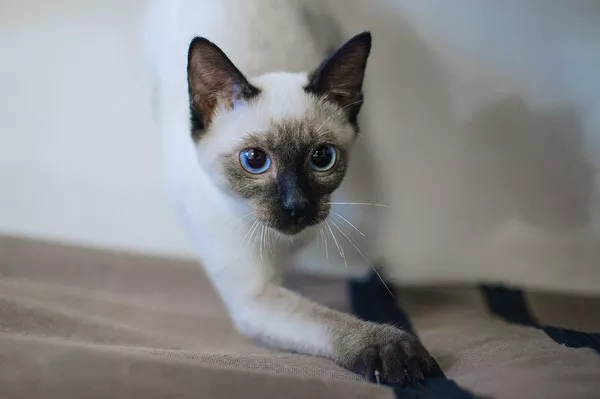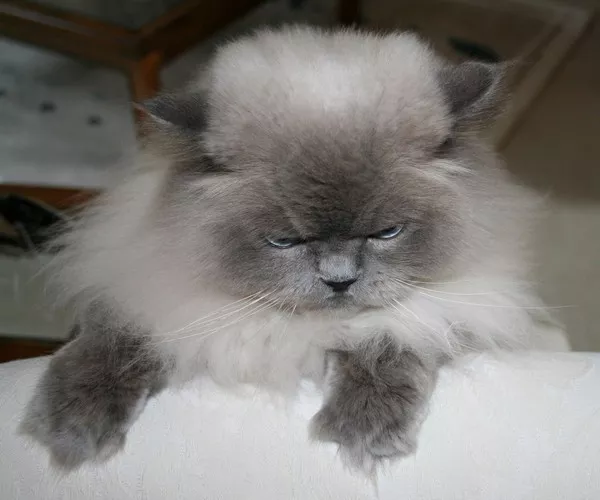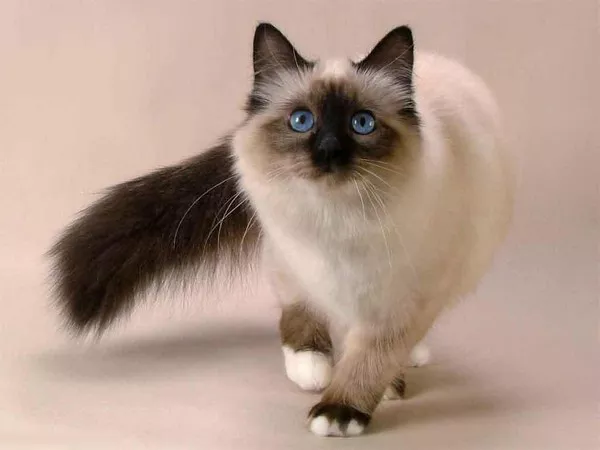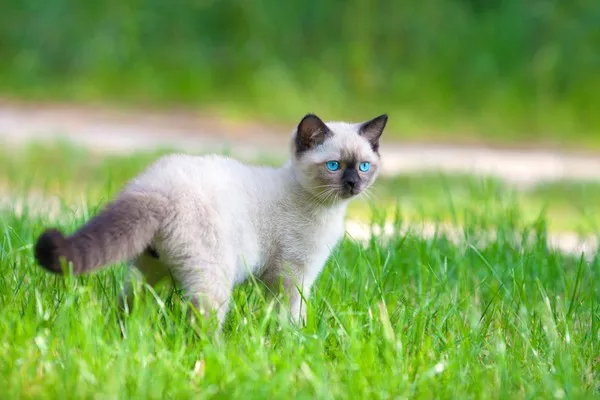As a cat owner, it can be concerning when you notice your feline friend losing weight unexpectedly. Cats are known for their graceful and sometimes elusive behavior, but weight loss can be an indication of underlying health issues. In this article, we’ll delve into the common reasons why your cat might be losing weight and provide valuable insights into potential solutions to help your beloved pet regain its health and vitality.
10 Reasons Why Cats Lose Weight
1. Dental Problems: The Silent Culprit
Dental issues can cause pain while eating, leading to reduced food intake and weight loss.
Tartar buildup, gum disease, and oral infections can affect a cat’s ability to chew comfortably.
Regular dental care, such as brushing or professional cleanings, can prevent these problems and improve your cat’s appetite.
2. Medical Conditions: Addressing the Underlying Causes
Conditions like hyperthyroidism, diabetes, and kidney disease can contribute to weight loss.
Hyperthyroidism increases metabolism, causing cats to lose weight despite an increased appetite.
Diabetes affects blood sugar regulation, while kidney disease impairs nutrient absorption.
Consulting a veterinarian for proper diagnosis and management is crucial for your cat’s well-being.
3. Parasites: Internal Freeloaders
Intestinal parasites, such as worms, can lead to weight loss by competing for nutrients.
Common symptoms include diarrhea, vomiting, and a bloated abdomen.
Regular deworming and preventive measures can protect your cat from parasitic infestations.
4. Stress and Anxiety: Impact on Appetite
Cats are sensitive creatures, and stressors like changes in environment, routine, or the presence of other pets can lead to weight loss.
Reduced appetite or even comfort eating can result from anxiety.
Providing a secure and enriching environment, along with interactive play and companionship, can alleviate stress.
5. Poor Diet and Feeding Practices: Nutritional Factors
Feeding a low-quality diet can lack essential nutrients, leading to weight loss over time.
Inconsistent feeding schedules or overfeeding can also affect a cat’s weight.
Opt for high-quality cat food with the right balance of nutrients and follow a consistent feeding routine.
6. Dental Problems: The Silent Culprit
Dental issues can cause pain while eating, leading to reduced food intake and weight loss.
Tartar buildup, gum disease, and oral infections can affect a cat’s ability to chew comfortably.
Regular dental care, such as brushing or professional cleanings, can prevent these problems and improve your cat’s appetite.
7. Cancer: Underlying Health Threat
Cancer can lead to weight loss due to the body’s increased energy demands and changes in metabolism.
Visible lumps, lethargy, and changes in behavior might be indicators of cancer.
Timely veterinary evaluation, including tests like biopsies, can help diagnose and manage cancer.
8. Senior Cats: Age-Related Changes
Older cats can experience weight loss due to a decrease in muscle mass and changes in metabolism.
Arthritis and dental issues can also affect their ability to eat comfortably.
Regular veterinary check-ups and age-appropriate care can support your senior cat’s health.
9. Digestive Disorders: Absorption Issues
Disorders like inflammatory bowel disease (IBD) can impact nutrient absorption.
Symptoms may include vomiting, diarrhea, and weight loss.
A vet can recommend dietary changes and medications to manage IBD.
10. Environmental Factors: Food Competition and Accessibility
Multi-cat households may have dominant cats that prevent others from accessing food.
Ensuring each cat has its feeding space and reducing competition can help.
Provide separate feeding stations and monitor each cat’s food intake.
Conclusion:
Weight loss in cats should never be ignored, as it could signal an underlying health issue. By understanding the potential causes and solutions, you can take proactive steps to support your cat’s well-being. Regular veterinary care, a balanced diet, and a nurturing environment are key to ensuring your feline friend maintains a healthy weight and a happy life. If you notice significant or sudden weight loss, consulting a veterinarian is crucial for accurate diagnosis and appropriate treatment.
Remember, your cat’s health and happiness are in your hands, and a little extra care can go a long way in ensuring they live their best life by your side.



























